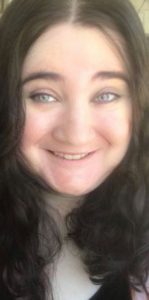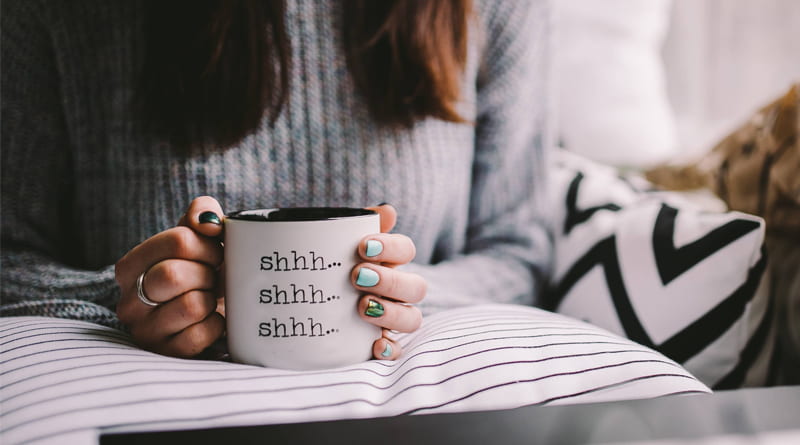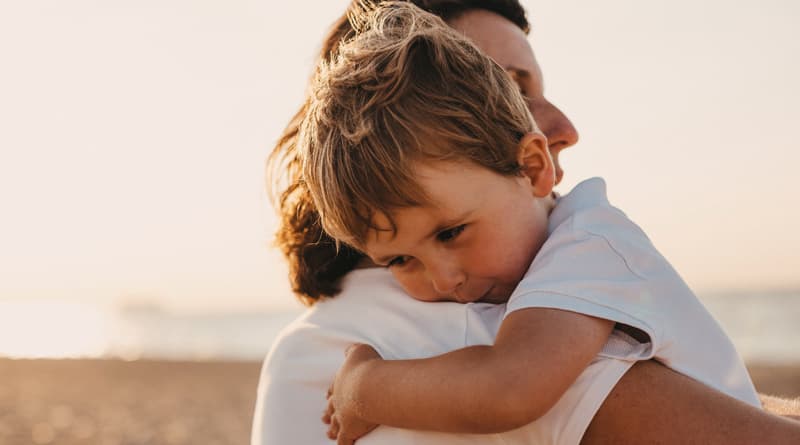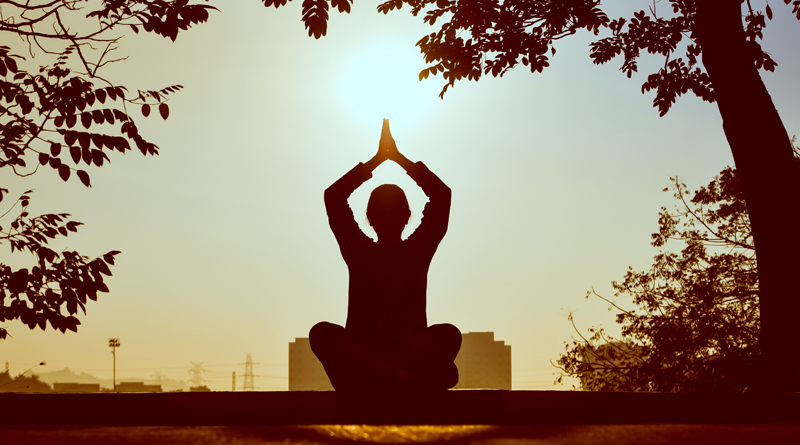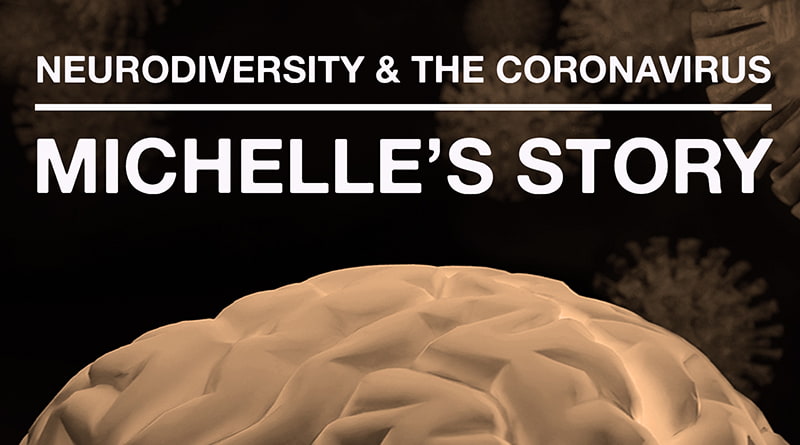
The Coronavirus Pandemic: Michelle’s Journey With Autism
The Pandemic: Michelle’s Story:
About the Author:
“I just finished my second year of graduate school at California State University, Northridge. I am studying special education with an emphasis in mild and moderate disabilities. I am working toward my master’s and education specialist credential. I received my bachelor’s degree in journalism from Cal State University, Northridge in 2011. I currently work at NordstromRack.com HauteLook. I have been with the company for four years. I enjoy taking walks, reading, and creative writing.”
Life Before The Pandemic:
Q: Describe your everyday life before the pandemic hit. Include aspects of your life such as work, school, extracurricular activities you did, and other social aspects of your life.
A: I guess for me, my everyday life before the pandemic was working 40 hours a week for Nordstormrack.com as a lead customer care supervisor. I also did go to grad-school part-time, where I studied special education with an emphasis on mild and moderate disabilities. I was able to work with my employer and I was able to get a day off per one semester, so I have a Tuesday off this semester and Wednesday off another semester. One of my classes was a Zoom only class, and the other one, I had to go in on Tuesdays. This was for the last semester. I was able to get pretty good grades, despite the pandemic. Pretty typical of what I do day-to-day. Nothing too out of the ordinary, per se.
Reaction to the Coronavirus:
Q: Describe how you initially reacted to COVID-19 and the social distancing.
A: I think I came into it thinking, “Wow, this is pretty scary,” but the good thing about our school is we were immediately online and I work from home, so it wasn’t that big of a change. I was a little scared, but other than not being able to see some family and friends, it was pretty normal for me because again, I’ve worked at home before the coronavirus and at school, I had one class that was already on Zoom and another class that (students and professors) were meeting in-person. The one my classmates and I were meeting in-person was with the same professor in one of my classes, so it wasn’t a huge change, but it was scary though. I read the news stories and hear about getting it. It wasn’t that bad, but it was still worrisome to an extent.
Changes & Adaptations:
Q: In what ways did your life and schedule change as a result of the coronavirus?
A: I don’t really think it changed in terms of work and school because work was online and at home, one class at school was a fully Zoom class. Another class was in-person, but they just switched to Zoom. I think what changed though is the fact that I can’t see my grandmother, who is in a senior home, anymore. Well, at least for now. So all I can do is just Zoom with her and her caregiver and my uncle. I think that was pretty much the biggest change for me and not seeing them and friends. I used to see my grandmother at least once a week. Her senior home is one mile away from my apartment and I feel so far away even though I’m so close to her.
Q: What have you had to do in order to adapt to these circumstances?
A: I think with me, I did try and take some walks around the block, ride my exercise bike at home a little bit more than I used to, try to make a Zoom schedule with my grandma so I could see her Other than that, just try and stay engaged with friends via Facebook and texting.
I think when I heard of Different Brains, it was through the Stanford Neurodiversity Project. I was really interested in that and I’ve been able to do things for Different Brains, but I haven’t been able to a whole lot because I still did school, work, and things like that. I definitely want to have different kinds of experiences, so I do what I can.
Impact of COVID-19 & Coping With It:
Q: (If you are neurodiverse) how has this pandemic affected your condition(s) and/or has your condition(s) affected how you’re dealing with everything?
A: I have autism. I was diagnosed at the age of 25 and I am 30 years old… I’ve done pretty well for myself for most of my life. I live independently and I drive. It’s definitely been a struggle at times socially and communication-wise, but I tough it out… I think the fact I’ve always been a very withdrawn, even though there’s never been a time where I haven’t had people to talk to, I spend a lot of time alone. I’m kind of used to the whole social distancing thing to an extent already. It wasn’t something I really had to adjust to, per se, but I feel like my autism has helped me because sometimes we can get very withdrawn. It’s not that we don’t want to see people, but we just don’t have that in us to be with people at times.
Q: What coping mechanisms are you using in order to deal with these strange times?
A: I guess just staying engaged with people that I know? I don’t know… I mean, just positive affirmations. I say to myself, “We’ll get through it”. The United States had other things similar to this with the flu and all-that. We have gone through a lot of different stuff in the world, so the coronavirus will just pass eventually. I just hope for the best, but I think a lot of things are adapting and I’m grateful for technology because it’s very convenient to be on Zoom or FaceTiming with people.
Lessons & Advice:
Q: What have you learned about yourself and the world around you from these circumstances?
A: I think we are very resilient as human beings. I think America doesn’t give itself enough credit for its strength and tenacity. With things like the Black Lives Matter movements, the coronavirus, and the upcoming election, it has shown me how strong America can be through the most difficult of times. I try to be strong because there’s a lot of positivity going on in the world, even if there’s a lot of negativity and political correctness. You know, there’s a lot of strengths that I can take from and learn from and try to do better with.
Q: What advice would you give to someone like yourself that’s currently dealing with similar circumstances?
A: I would say to just hang in there. Find something you’re passionate about, maybe start doing something to better your education, even if you have a ton of degrees. Learn some stuff. Have a lot of hobbies and do hobbies when you’re bored.
Story by: Michelle
Interviewed by: Julia Futo
Interviewed on: June 3rd, 2020
Julia Futo was born on August 5th, 1999, in Fort Lauderdale, Florida. She faced difficulties early on in life with trying to perform everyday tasks. Before she was five years old, she was diagnosed with two learning disabilities: Encephalopathy and developmental coordination disorder (DCD). She struggled in school for a long time, but that changed when she took journalism in high school and learned how to become an advocate. She is currently in college and hopes to help others find their voices.

